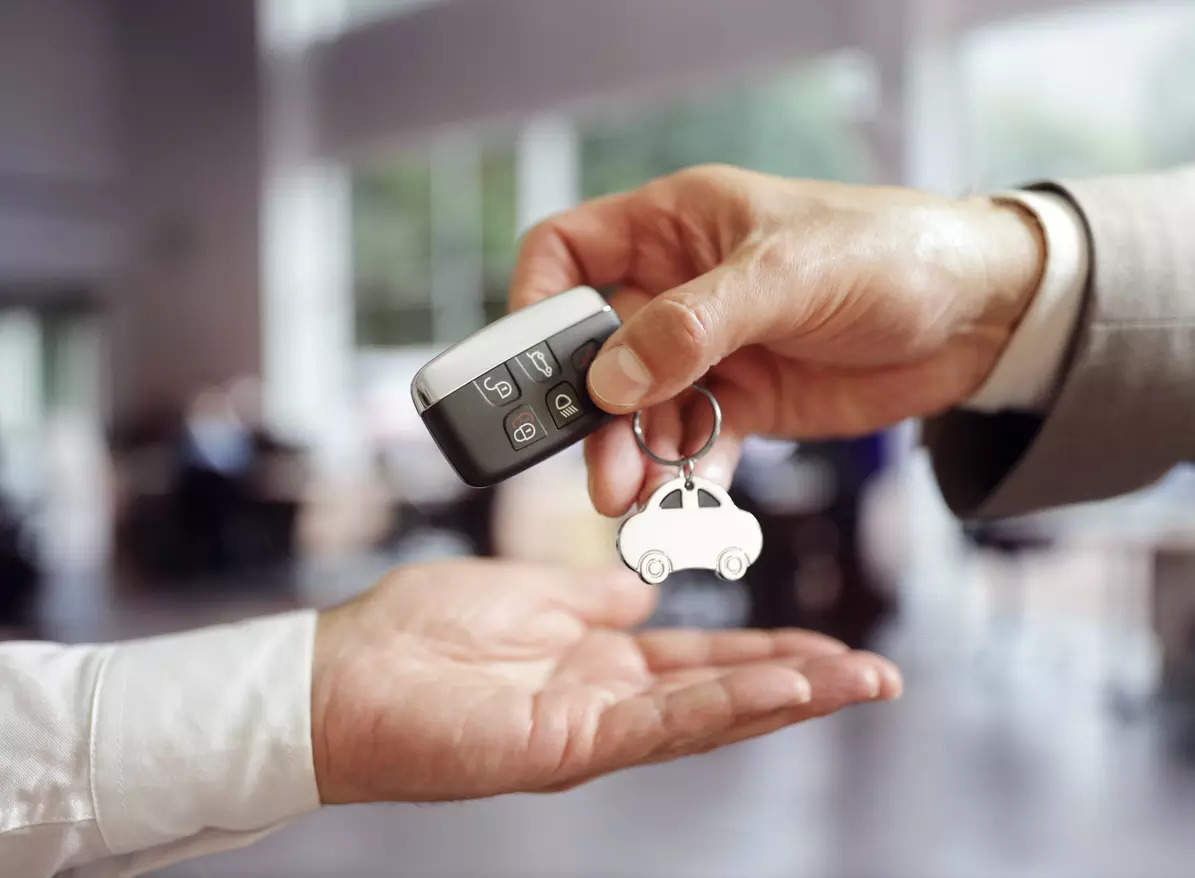Such cars, which have embedded chips allowing internet access, enabling drivers to transmit, store and receive information collected via sensors – currently make up as much as 30% of all new vehicles sold, up from 6% in FY21.
New-age buyers are increasingly taking to cars which offer continuous connectivity and a safer driving experience. Given the robust demand, carmakers have started offering such features in all premium SUVs sold in the local market.
In the midsize SUV market, currently two-thirds of sales are from models like Hyundai Creta, Toyota Urban Cruiser Hyryder, Maruti Suzuki Grand Vitara and Kia Seltos, all of whom offer hi-tech features such as anti-collision, assistance to maintain lanes while driving and geofencing that creates a virtual boundary of a car using GPS technology and alerts the owner if the vehicle enters or exits the set perimeter.
Car variants that are connected feature-rich contribute as much as 45% of sales of a particular model, according to industry estimates.
“There has been a sharp increase in demand for connected cars over the last 3 to 4 years. This phenomenon has been enabled by the availability of technology for connectivity, edge computing and cloud architecture, making possible high latency,” said Shashank Srivastava, senior executive officer (marketing and sales) at the country’s largest carmaker Maruti Suzuki said. He said the availability of a wide range of sensors has allowed “analysing data real time helping in applications such as geofencing, predictive maintenance, driver behaviour, etc.”According to a study by consultancy firm Deloitte, safety has emerged as a key priority among car buyers in India. Consumers are willing to share data and/or vehicle/Personally Identifiable Information (PII) data with car manufacturers to receive necessary updates for a better and safer driving experience.“About 71% consumers were willing to pay extra for connectivity features, with 88% desiring updates for road safety and collision prevention, and another 88% seeking maintenance updates and vehicle health reporting/alerts,” Deloitte said in a report in January assessing emerging consumer trends in the Indian automobile sector.
For instance, in the latest Kia Seltos SUV, as much as 48% of sales are from variants having connected features. “Safety features are now among the top 5 parameters considered by customers looking at purchasing vehicles. Be it lane keep assist, anti-collision or blind-view monitoring systems, buyers today are looking for these features which is leading to an increase in sales of connected cars,” said Hardeep Singh Brar, national head (sales and marketing) at Kia India.
Carmakers say as sensors become cheaper and mobile service providers innovate to reduce data costs, the penetration of connected cars will grow further.
Tarun Garg, chief operating officer at Hyundai Motor India said, “Car buyers in India are getting younger. They are aware, tech-savvy and aspirational. They want everything — connected features, advanced tech, safety — and are willing to pay more for them.”
In 2019, Hyundai Motor India became the first carmaker in the mass segment to offer connected car services on its ‘Bluelink’ platform. The company currently offers connected features in 11 out of 13 car models with plans to introduce the technology in more vehicles going forward.


